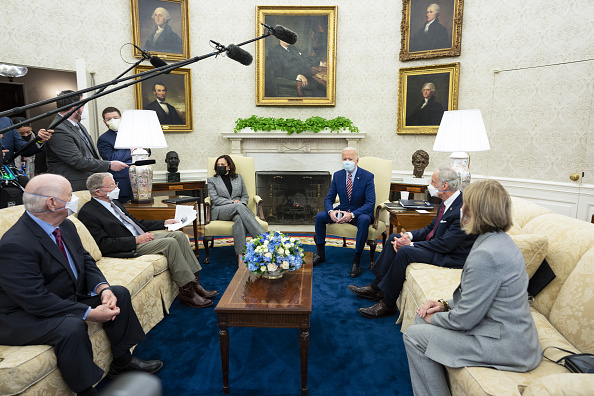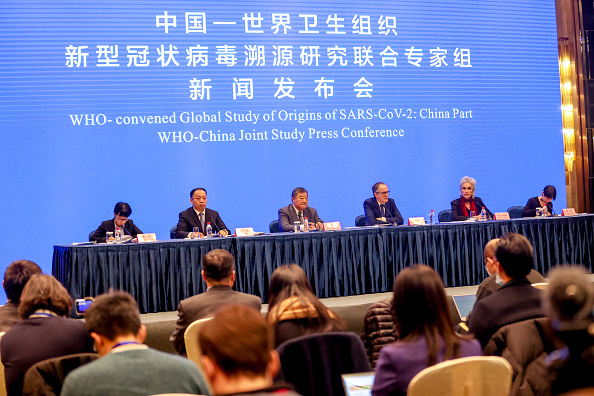
 Hopes for a Bullish Year
Hopes for a Bullish YearBillions across the globe ushered in the Lunar New Year and Year of the Ox this week. As the holiday commenced, Presidents Joe Biden and Xi Jinping held their first call since Biden took office.
The call focused on how the United States and China can continue to work together, with President Xi warning that confrontation would be a "disaster." Biden emphasized Washington's willingness to engage in multilateral cooperation, specifically regarding climate change and fighting the Covid-19 pandemic. Xi also expressed his desire for "win-win" cooperation, and recognized the significance of restoring China-U.S. relations. While the U.S.-China relationship is likely to stabilize under the new U.S. administration, President Biden later warned a bipartisan group of Senators that China will "eat our lunch" on infrastructure, the environment, and a host of other issues.
The Biden administration also announced it would conduct a full review of America's national strategy towards China, in areas such as military, intelligence, and technology. In his first speech at the Pentagon, President Biden said that the review "will require a whole-of-government effort, bipartisan cooperation in Congress, and strong alliances and partners." The review, which will be led by Special Assistant to the Secretary of Defense Ely Ratner, will identify top priorities and produce recommendations. For more on the path ahead, read An Opportunity for Rapprochement or Business as Usual? from Charles Street.
 Tracing the Source
Tracing the SourceThe World Health Organization has concluded its long anticipated investigation over the origins of Covid-19, concluding that the virus most likely did not originate in a laboratory. While the full report of the investigation is still pending, the White House noted that the U.S. will not accept the WHO findings at face value, and would still need to refer to its own intelligence and consult with allies. "Rather than rush to conclusions that may be motivated by anything other than the science, we want to see where that data leaves us, and based on that, we'll come to a conclusion," State Department spokesman Ned Price said.
 A Peaceful Resolution
A Peaceful ResolutionChina and India agreed to pull back military forces from the disputed border that separates the two neighbors, according to defense officials from both sides. The two countries, which have been entangled in an ongoing border dispute for decades, agreed to a phased disengagement plan this week after months of renewed tensions at the border around Pangong Lake.
The U.S. praised the troop disengagement, saying that it would continue to monitor the situation closely as both sides work toward a peaceful resolution. "We're closely following reports of initial troop disengagement. We welcome the ongoing efforts to de-escalate the situation," a State Department spokesperson said.
Prepared by China-US Focus editorial teams in Hong Kong and New York, this weekly newsletter offers you snap shots of latest trends and developments emerging from China every week, while adding a dose of historical perspective.
- 2021-02-05 “The Most Serious Competitor”
- 2021-01-29 Looking Towards Multilateralism
- 2021-01-22 Biden’s China Path
- 2021-01-16 Becoming a "Technological Superpower"
- 2021-01-08 Capital Chaos
- 2020-12-18 All Eyes on 2021
- 2020-12-12 Midwest to Middle Kingdom?
- 2020-12-04 Shifting Winds
- 2020-11-21 Multilateralism on the Move
- 2020-11-14 Staying Tough
- 2020-11-07 Battleground Ballots
- 2020-10-30 Knock Knock
- 2020-10-24 Looking Back and Moving Forward
- 2020-10-16 COVID Cluster
- 2020-10-10 Election Looming
- 2020-10-03 Golden Week Kicks Off
- 2020-09-26 Virtual Diplomacy
- 2020-09-18 Digital Domain
